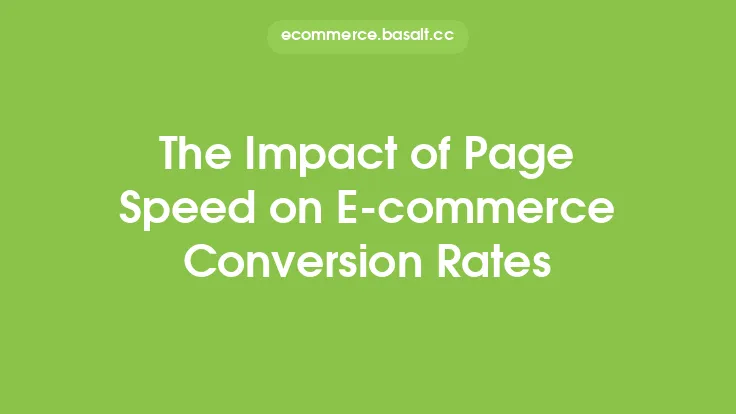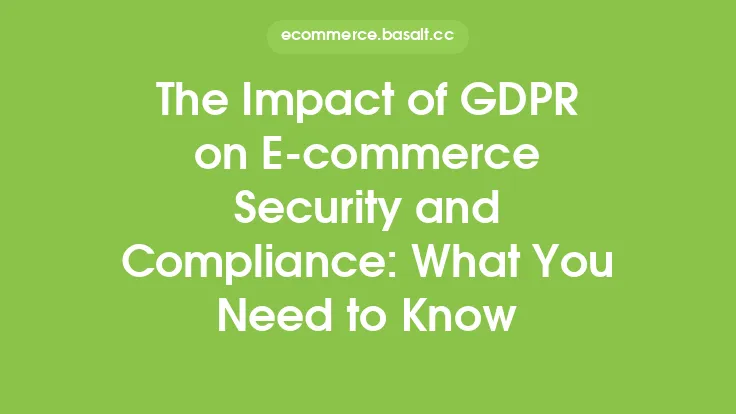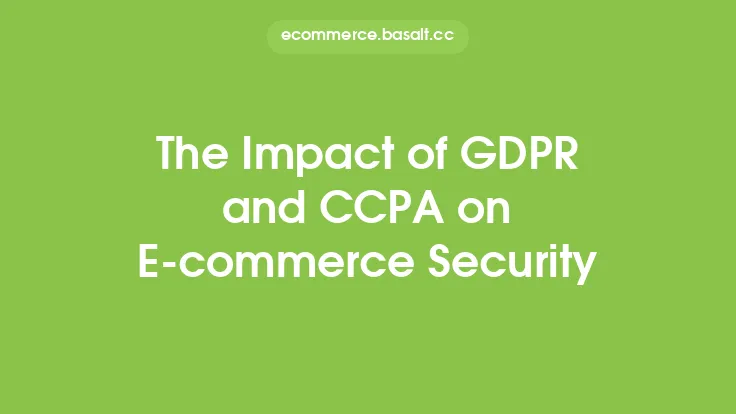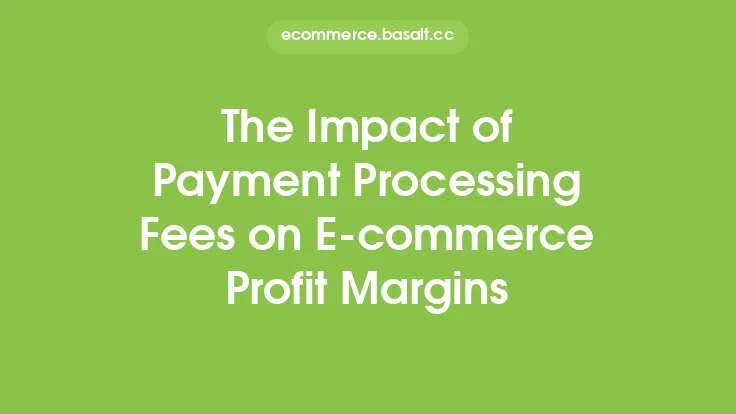When it comes to e-commerce, conversion rates are a key metric that businesses strive to optimize. Conversion rates refer to the percentage of website visitors who complete a desired action, such as making a purchase or filling out a form. One crucial factor that can significantly impact e-commerce conversion rates is security. In today's digital age, online shoppers are increasingly concerned about the safety and security of their personal and financial information. As a result, e-commerce businesses must prioritize security to build trust with their customers and ultimately drive conversions.
Understanding the Relationship Between Security and Conversion Rates
The relationship between security and conversion rates is multifaceted. On one hand, a secure website can increase trust and confidence among customers, leading to higher conversion rates. On the other hand, a lack of security can lead to abandoned carts, lost sales, and a damaged reputation. According to a study, 70% of online shoppers consider security to be a top priority when making a purchase online. Furthermore, 60% of customers are more likely to trust a website with a clear and visible security policy. These statistics highlight the importance of security in building trust and driving conversions.
The Impact of Security on Customer Trust
Customer trust is a critical component of e-commerce conversion rates. When customers feel secure and protected, they are more likely to make a purchase. Conversely, if customers perceive a website as insecure, they will be hesitant to provide personal and financial information, leading to abandoned carts and lost sales. To build trust, e-commerce businesses must demonstrate a commitment to security. This can be achieved through various means, such as displaying trust badges, using secure payment gateways, and implementing robust security protocols. By prioritizing security, businesses can establish a foundation of trust with their customers, leading to increased conversions and loyalty.
The Role of Security in Reducing Cart Abandonment
Cart abandonment is a significant challenge for e-commerce businesses, with an average cart abandonment rate of 69.57%. One of the primary reasons for cart abandonment is security concerns. If customers are unsure about the security of a website, they will be hesitant to complete a purchase. To reduce cart abandonment, e-commerce businesses must address security concerns proactively. This can be achieved by providing clear and visible information about security protocols, using secure payment gateways, and offering alternative payment options. By reducing security concerns, businesses can minimize cart abandonment and increase conversions.
Best Practices for Prioritizing Security and Boosting Conversion Rates
To prioritize security and boost conversion rates, e-commerce businesses should follow best practices. First, businesses should invest in robust security protocols, such as encryption and firewalls, to protect customer data. Second, businesses should display trust badges and security certifications, such as SSL certificates, to demonstrate a commitment to security. Third, businesses should use secure payment gateways and offer alternative payment options to reduce security concerns. Finally, businesses should provide clear and visible information about security protocols and policies to build trust with customers. By following these best practices, businesses can prioritize security, build trust, and drive conversions.
The Future of E-commerce Security and Conversion Rates
The future of e-commerce security and conversion rates is evolving rapidly. As technology advances, new security threats and challenges emerge. To stay ahead, e-commerce businesses must prioritize security and adapt to changing consumer behaviors and expectations. One trend that is expected to shape the future of e-commerce security is the use of artificial intelligence and machine learning to detect and prevent security threats. Another trend is the increasing importance of mobile security, as more and more customers shop on their mobile devices. By staying ahead of these trends and prioritizing security, e-commerce businesses can build trust, drive conversions, and maintain a competitive edge in the market.
Conclusion
In conclusion, security plays a critical role in e-commerce conversion rates. By prioritizing security, e-commerce businesses can build trust with their customers, reduce cart abandonment, and drive conversions. To achieve this, businesses must invest in robust security protocols, display trust badges and security certifications, use secure payment gateways, and provide clear and visible information about security protocols and policies. As the e-commerce landscape continues to evolve, it is essential for businesses to stay ahead of emerging security threats and trends. By doing so, businesses can maintain a competitive edge, build trust, and drive conversions in an increasingly competitive market.





